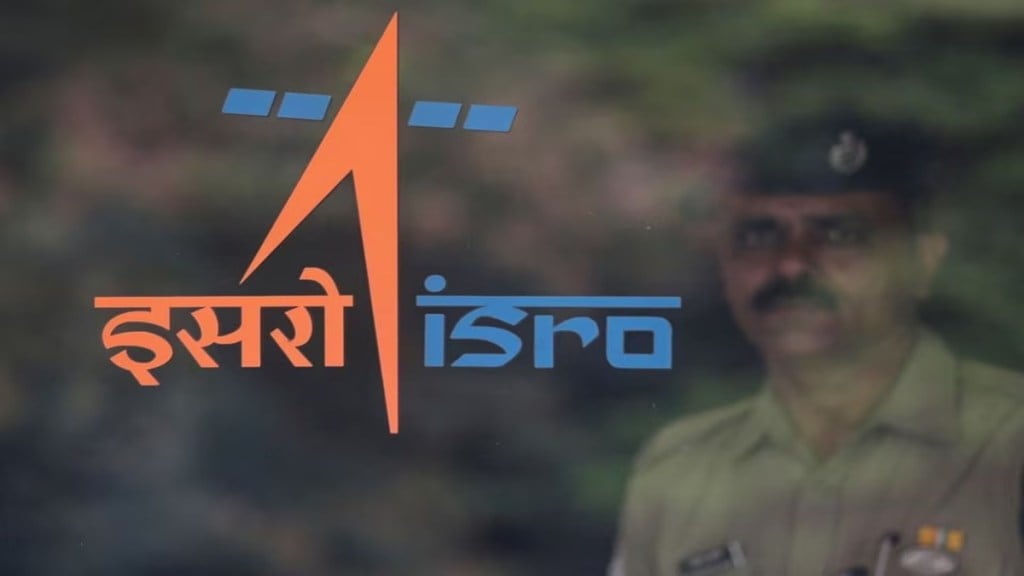By Lt Gen AK Bhatt (Retd.) & Akshat Johri
India’s space program has long been a source of national pride, with the Indian Space Research Organisation (ISRO) achieving remarkable milestones on shoestring budgets. From launching 104 satellites in a single mission to successfully placing a spacecraft in Mars orbit on its first attempt, and most recently, becoming the fourth country to successfully land on the moon and first on the southern hemisphere of the moon, ISRO has consistently punched above its weight. However, as the global space industry undergoes rapid transformation, with private players like SpaceX, Blue Origin & Virgin-Galactic reshaping the landscape, India finds itself at a crucial juncture.
The need for public-private partnerships (PPP) in the space sector has never been more pressing; With space exploration and services are notoriously capital-intensive, PPP offers a way to share this financial burden while also bringing in private sector dynamism, and recent policy shifts indicate that India is ready to embrace this change, but the path forward is fraught with both opportunities and challenges.
The first step to align India with the global new space initiative has been done by the historical decision to open space to NGEs and the subsequent promulgation of New Space Policy 2023, FDI Policy 2024 and the Indian Telecommunication Act 2023. India’s Finance Minister Nirmala Sitharaman on July 23, 2024, mentioned in her budget speech to set up a Venture Capital fund of 1000 crores for the Space Sector. This along with the FDI policy is a brilliant initiative that will further boost domestic and foreign capital in the growing startup market in India.
In this new environment of privatization, India’s space sector is emerging as a critical strategy to bolster its global competitiveness and fully leverage the potential of public-private partnerships (PPP). By integrating private players into the space domain, India aims to tackle contemporary challenges in technological advancement and economic growth.
ISRO Chairman S. Somanath has highlighted the necessity of a PPP model to elevate India’s space economy from its current $9 billion to a projected $44 billion, significantly enhancing its share in the global space market which currently stands at 2%. The Public Private Partnership model promises benefits such as shared risks and costs, accelerated technological innovation, increased access to capital, and the opening of new markets while promoting global collaboration.
The rationale behind promoting PPP in the space sector is multifaceted. Firstly, it allows ISRO to focus on core research and development activities, pushing the boundaries of space exploration and science. By offloading routine operations like satellite manufacturing and launches to private players, ISRO can channel its resources and expertise into more ambitious projects, such as human spaceflight and interplanetary missions. As part of the space sector reforms, NewSpace India Limited (NSIL) has released an RFQ under PPP exploring partnerships with private entities to utilize their expertise in the production of ISRO’s heavy lift launcher, the LVM3.
The LVM3, which has successfully completed seven missions, recently marked its entry into the global commercial launch service market by deploying 72 satellites for the UK-based company OneWeb. With plans to enhance the LVM3’s payload capacity through technological advancements such as the semi-cryogenic stage, ISRO aims to boost the production of LVM3 to meet the rising global demand for heavier communication satellites and mega LEO constellations. This strategy includes private sector involvement in producing up to six LVM3 vehicles per year over a long-term period, thereby scaling production and sustaining India’s competitive edge in the space economy.
The privatization of the Indian space sector is poised to exploit critical capabilities necessary to lead the global commercial space market. With significant potential in areas such as communication (5G, broadband) and Earth Observation, the private industry is well-positioned to address security, R&D, and innovation needs while ISRO focuses on pioneering research. The advent of new technologies and data analytics is empowering private players to create novel applications, thus increasing their participation in the space ecosystem. The success of PPP in India’s space sector, however, hinges on several factors. First and foremost is the need for a clear and enabling regulatory framework. While steps have been taken in this direction, there’s a need for greater clarity on issues like Intellectual Property Rights, Liability, and Insurance. The government must strike a balance between ensuring national security and fostering a conducive environment for private investment. The government must address these obstacles by establishing conducive legal provisions and market assurances to stimulate private investment.
Public-private partnership represents the right step forward for India’s space sector, with the LVM3 project serving as a pivotal example. By fostering collaboration between public entities and private players, the LVM3 project will create a strong foundation for the success of PPPs in the space sector. This model will hopefully pave way for many such initiatives in other Space Subsystems, such as Satellites, Ground Segment and Downstream Applications.
This initiative not only demonstrates the viability of such partnerships but also sets the stage for further privatization efforts. The government’s role in promoting both the supply and demand sides of the space sector, through mechanisms such as buyback arrangements, capital assistance and facility sharing, will be crucial in ensuring the sustainability and growth of PPP. By fostering a supportive environment, India can attract foreign direct investment, facilitate mergers and acquisitions, and with new VC fund in place, it now allows fostering of new joint ventures with domestic and international partners, thereby securing a robust and competitive presence in the global space economy.
(The co-authors are Lt. Gen. AK Bhatt (Retd.), Director General, Indian Space Association and Akshat Johri, Assistant General Manager, IIFCL Projects Ltd.)
(Disclaimer: Views expressed are personal and do not reflect the official position or policy of FinancialExpress.com Reproducing this content without permission is prohibited.)

